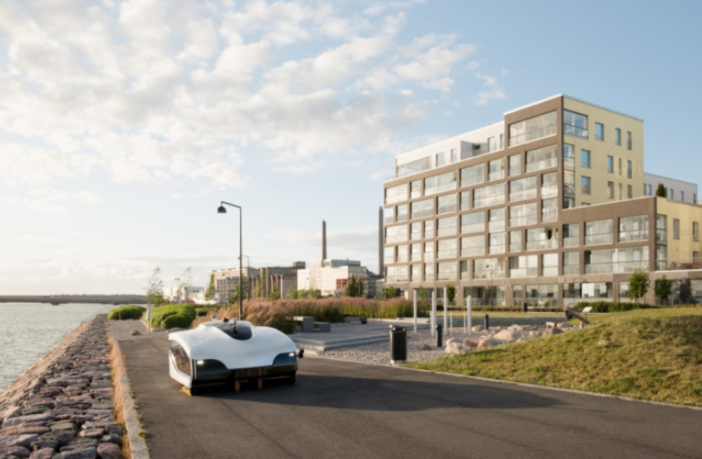Driverless cars may still be a few years away from European roads, but one Finnish city is embracing autonomous technology and trialing it as part of its street sweeping system.
Espoo has announced the commercial trial of an autonomous street sweeper, which has been developed by Trombia Technologies. The driverless vehicle was unveiled in September 2020 and piloted in Helsinki, Finland but the Espoo trial is its biggest challenge yet.
The big advantage that autonomous vehicles like the Trombia Free have is that the street sweepers apparently use 85 per cent less energy than conventional vehicles.
The pilot will be conducted in Mankkaa, a suburb of Espoo, where autonomous functions and machine vision will be tested, as well as different ways to integrate the autonomous sweeper with other logistics.
“We are thrilled to start the pilot programme with the city of Espoo. When we think about the over 3 million CO2 metric tons of carbon emissions that high power diesel-fuelled suction street sweepers around the world produce annually, “we see that smart cities around the world can act to reduce their energy consumption and carbon emissions significantly by modernising the way street cleaning is [done],” said Antti Nikkanen, CEO, Trombia Technologies.
The Trombia Free units absorb huge chunks of data to enable it to tackle the sometimes tricky weather conditions in Espoo. It uses machine vision technology that filtrates the noise coming from the environment in rainy, snowy or alternative conditions.
Trombia Free is slated to be available commercially in early 2022 with the company targeting the German and Norwegian markets.




